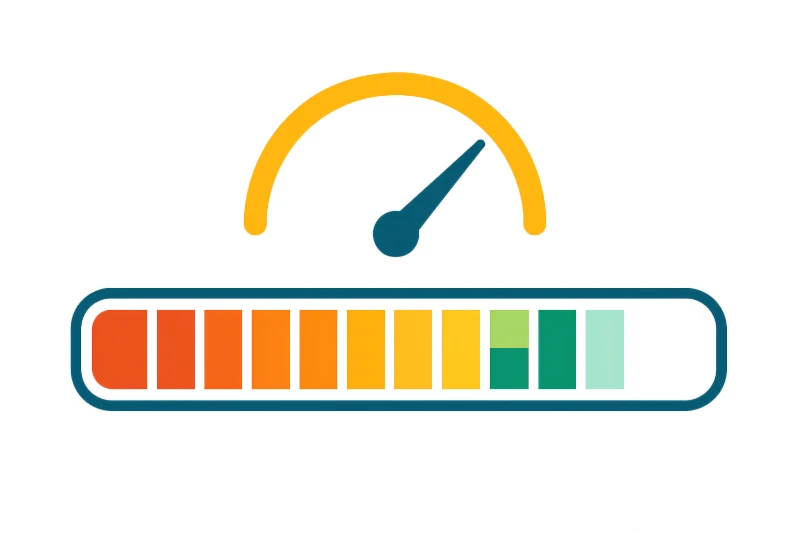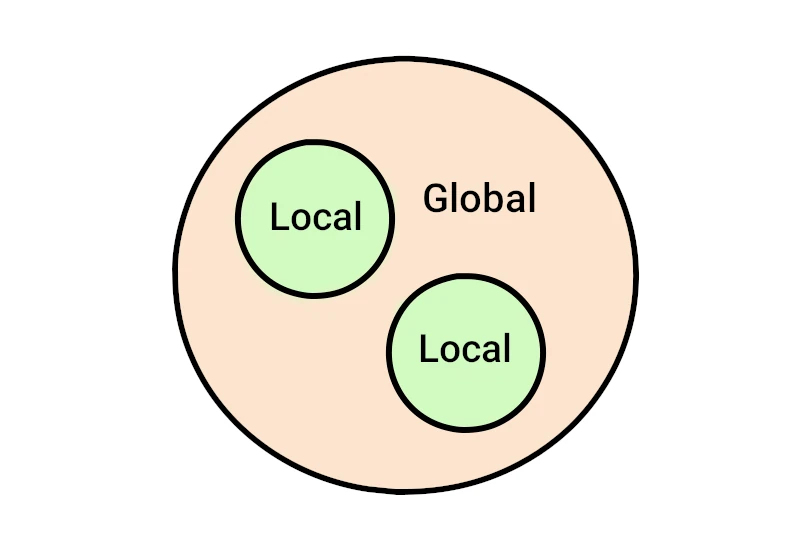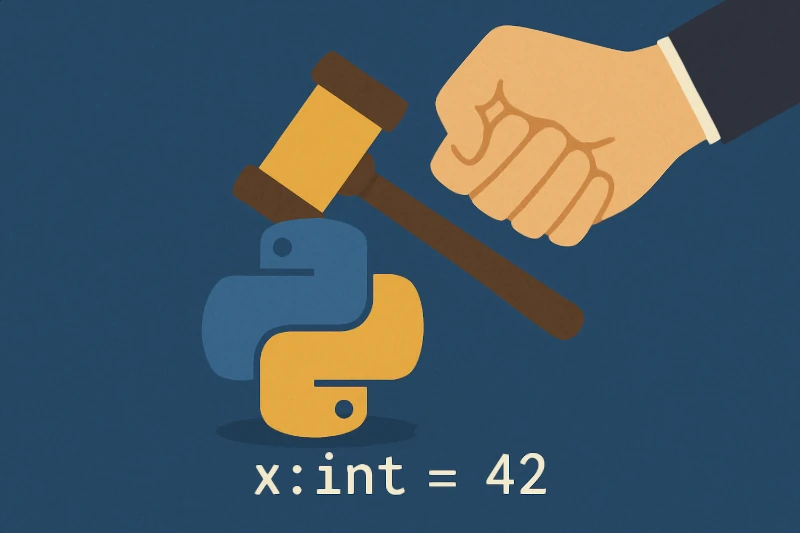

Recent Articles
 Python
Python
Why Do Python Scripts Use if __name__ == "__main__"?
Have you ever written a Python script, run it successfully, and then imported it into another program only to watch it behave strangely? Maybe it printed a prompt you didn’t expect or started an expensive computation as soon as you imported it.
Read more →
 Java
Java
Why Do Java Methods Modify Objects but Not Primitives?
Many new Java developers are surprised when a method quietly modifies an object but leaves a primitive variable untouched. Java parameter passing is always by value, but understanding how that works with objects versus primitives will help you avoid unexpected behavior.
Read more →
 Java
Java
3 Annotations to Speed Up Spring Bean Startup
Without having to radically change the Beans in your Spring Boot application, you can significantly speed up Spring bean startup times, just by using Annotations such as @Lazy, @Async, and @Profile.
Read more →
 Python
Python
Understanding the LEGB Rule for Variable Scope in Python
Python variables have different scopes: local, enclosing, global, and built-in, organized by the LEGB rule. Use globals() and locals() to inspect variable scope, and follow best practices to avoid naming conflicts
Read more →
 Python
Python
Use Cases for Partials in Python That You Should Know
Partials in Python is a function that behaves like an existing function but with some arguments already filled in. It is created using the functools.partial function from the functools module
Read more →
 Python
Python
Pythons three division operators, tips and gotchas
Python has three division operators: /, //, and %. The / operator performs true division, // performs floor division, and % gives the modulus.
Read more →
 Java
Java
How to use Java ThreadLocal with Thread Pools ‐ A Practical Use Case
In multithreaded Java applications, managing shared data safely is a common challenge. ThreadLocal offers a clean solution by allowing each thread to maintain its own independent copy of a variable, reducing the need for complex synchronization.
Read more →
 Python
Python
The functools library in Python is a treasure trove
Pythons functool provides a number of functions and utilities for functional programming, such as higher-order functions, partial function application, and memoization.
Read more →
 Python
Python
4 meta-programming techniques in Python
Meta-programming in Python allows developers to write code that manipulates code itself, enabling dynamic behavior and advanced programming techniques. Examples include decorators, metaclasses, and dynamic class creation.
Read more →
 Python
Python
How to Enforce Type Checking in Python
while Python does not enforce variable types at runtime, developers can use type hints in conjunction with static analysis tools or third-party libraries to impose type constraints.
Read more →